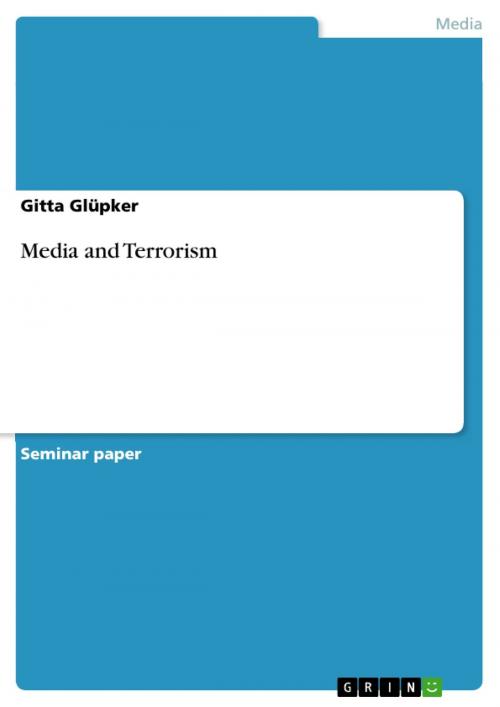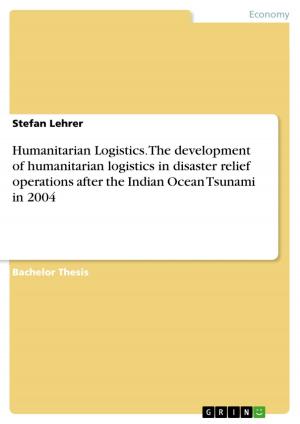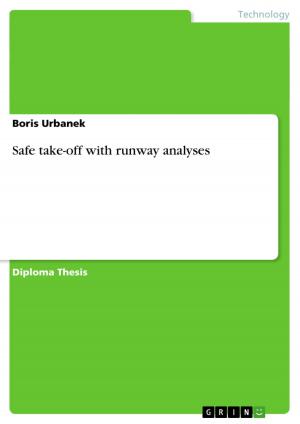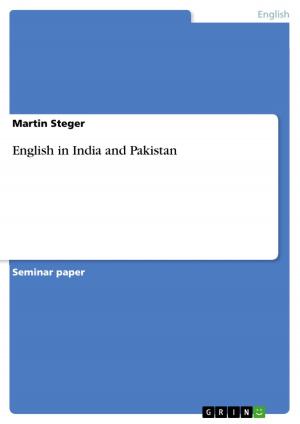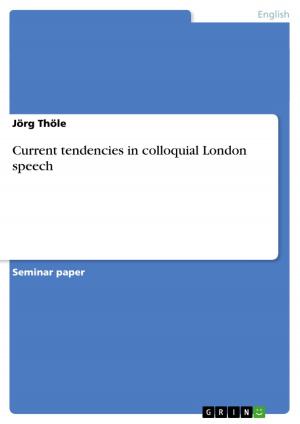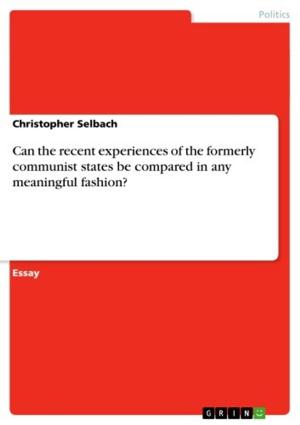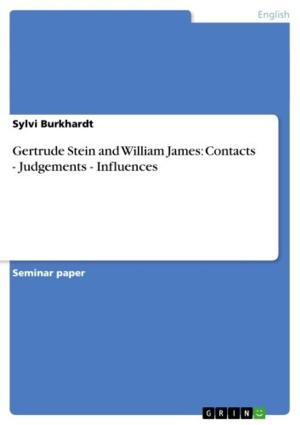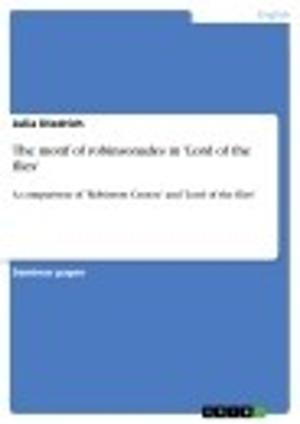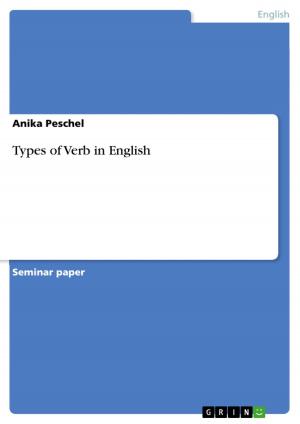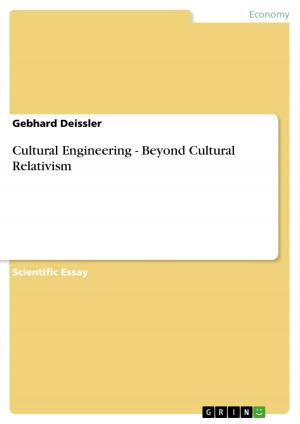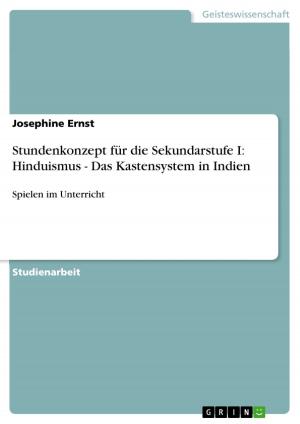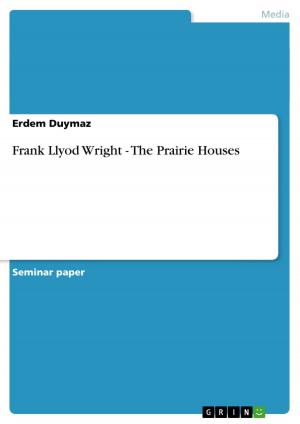| Author: | Gitta Glüpker | ISBN: | 9783640312115 |
| Publisher: | GRIN Publishing | Publication: | April 23, 2009 |
| Imprint: | GRIN Publishing | Language: | English |
| Author: | Gitta Glüpker |
| ISBN: | 9783640312115 |
| Publisher: | GRIN Publishing |
| Publication: | April 23, 2009 |
| Imprint: | GRIN Publishing |
| Language: | English |
Seminar paper from the year 2008 in the subject Communications - Media and Politics, Politic Communications, grade: AA, T.C. Yeditepe University Istanbul, course: Terrorism in Context, language: English, abstract: Terrorism is an extremely complex phenomenon which can involve a multitude of motives, strategies and actors. Even if terrorism is not an invention of the modern age but it has its roots in the ancient times, the contemporary forms of terrorism display special features. One of them is the 'media-oriented terrorism' (Martin 2003: 281). It is linked to the emergence of mass media that allow a global and life coverage of terrorist acts. This paper will examinate which role the media play for terrorism. How do the media treat the phenomenom of terrorism (chapter 2)? After a brief summary of guidelines of news media the major focus will lie on the coverage of terrorist incidents in reality. As another feature of the media's perspective the governmental attempts to restrict the freedom of reporting will be described. The second part of this paper will deal with the media's role for terrorist strategies (chapter 3). What does media-oriented terrorism mean concretely? Chapter 5 draws a conclusion from the precedent analysis, after chapter 4 has dealt with the delicate: What are the effects of the media's involvement in terrorism?
Seminar paper from the year 2008 in the subject Communications - Media and Politics, Politic Communications, grade: AA, T.C. Yeditepe University Istanbul, course: Terrorism in Context, language: English, abstract: Terrorism is an extremely complex phenomenon which can involve a multitude of motives, strategies and actors. Even if terrorism is not an invention of the modern age but it has its roots in the ancient times, the contemporary forms of terrorism display special features. One of them is the 'media-oriented terrorism' (Martin 2003: 281). It is linked to the emergence of mass media that allow a global and life coverage of terrorist acts. This paper will examinate which role the media play for terrorism. How do the media treat the phenomenom of terrorism (chapter 2)? After a brief summary of guidelines of news media the major focus will lie on the coverage of terrorist incidents in reality. As another feature of the media's perspective the governmental attempts to restrict the freedom of reporting will be described. The second part of this paper will deal with the media's role for terrorist strategies (chapter 3). What does media-oriented terrorism mean concretely? Chapter 5 draws a conclusion from the precedent analysis, after chapter 4 has dealt with the delicate: What are the effects of the media's involvement in terrorism?
